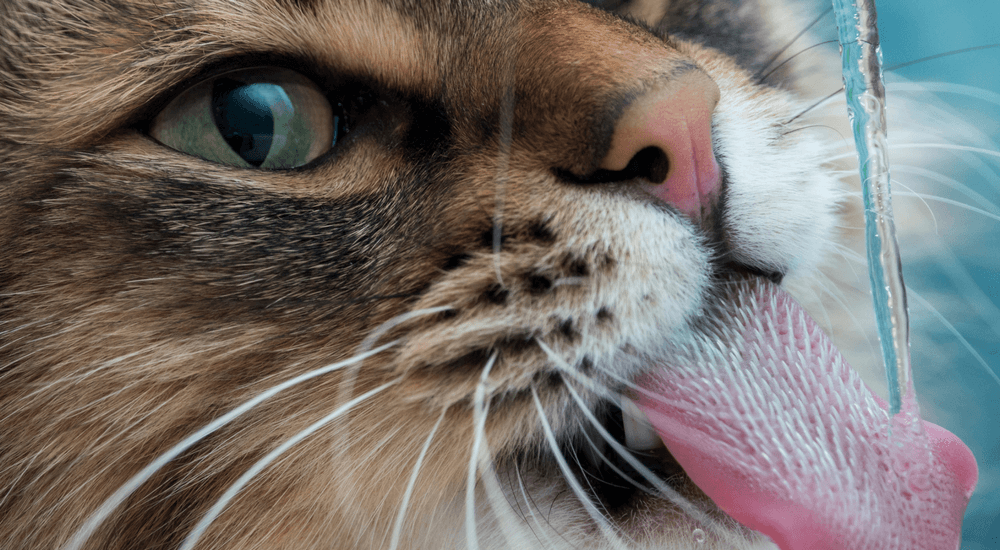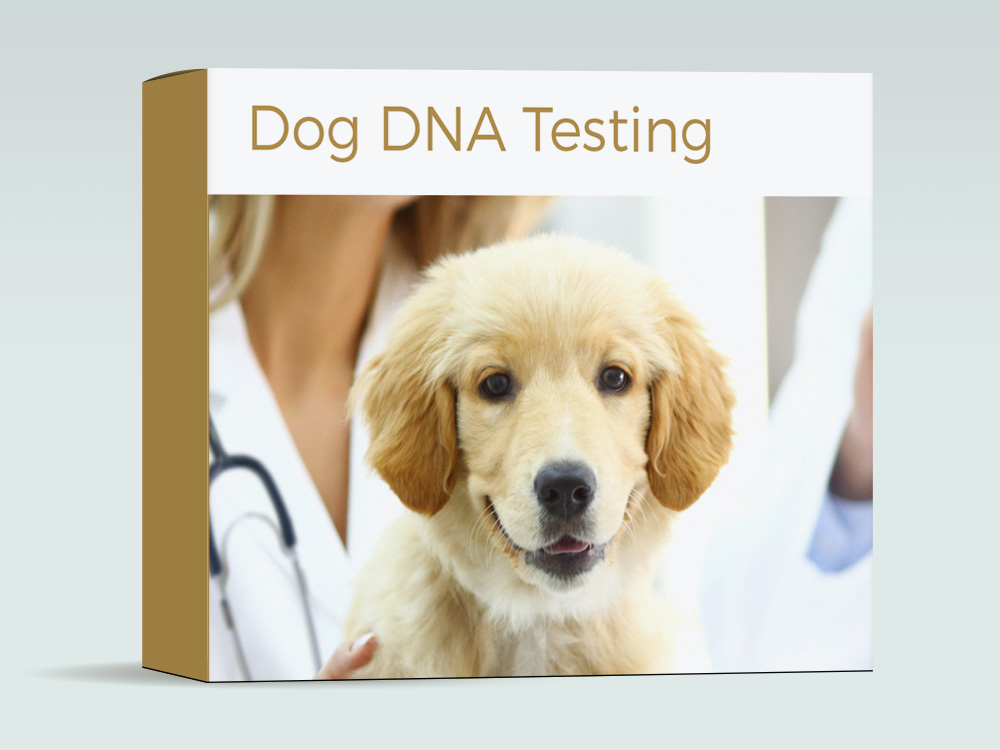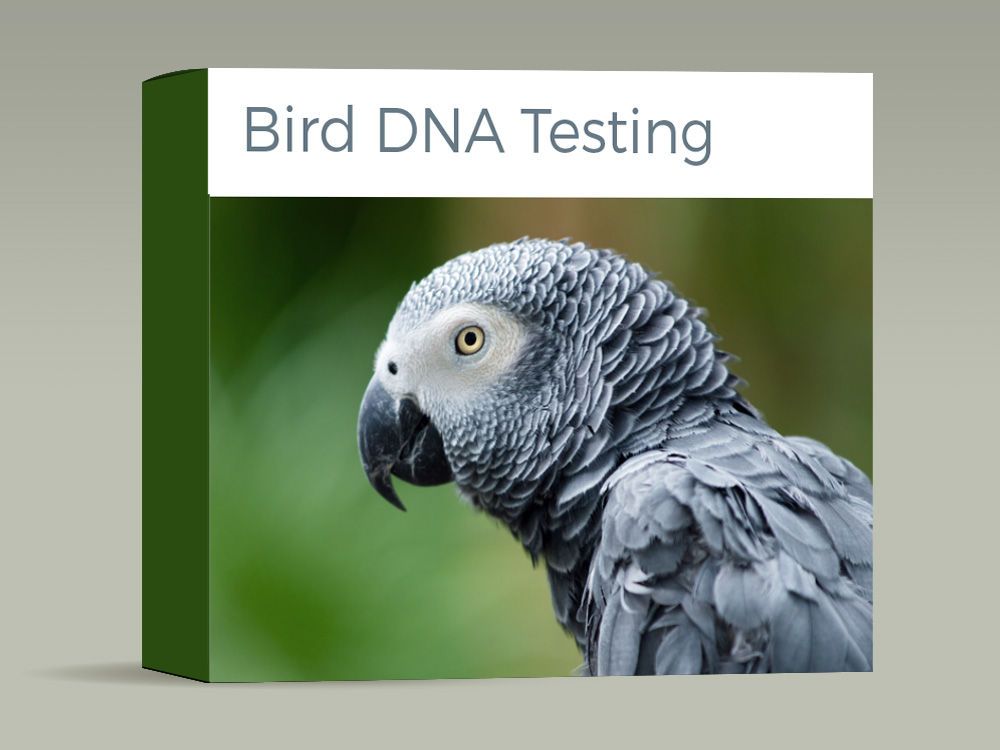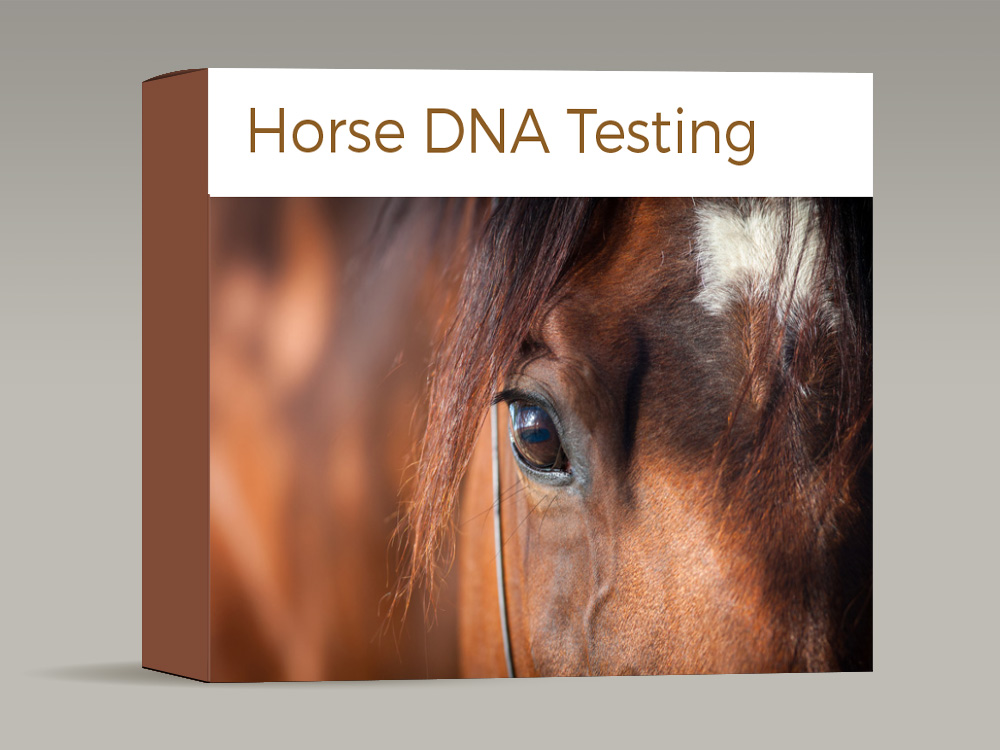
Did you know? In felines aged 14 years or older, kidney disease in cats is the most common cause of death. It can begin years earlier, as young as 6 years, and progress very gradually. This health risk is the biggest reason your veterinarian recommends yearly blood work for your feline friend. If the disease is detected early, it can be managed with proper diet, care, and routine check-ups to slow the advance of the kidneys’ deterioration. Common symptoms of kidney disease in cats include weight loss, increased drinking and urination, and poor appetite.
One cause of kidney failure is a hereditary disease called Polycystic Kidney Disease, or PKD.
This disease affects approximately 6% of cats. It may affect up to 37%–50% within Persians and related breeds. In other breeds, prevalence may be as high as 16%. The mutation we test for at DDC is valid in Persians and related exotic breeds. Many mixed-breed cats have some exotic blood, so are also capable of carrying the mutation.
So how is PKD different from your garden-variety kidney failure? The word “cystic” refers to a closed sac in organ tissue which can contain air, fluid, or pus. This condition can cause anything from mild discomfort to sepsis, if pus-filled cysts burst.
Diagnosing Kidney Disease in Cats
- Blood work is important in evaluating kidney function
- Abdominal palpation by the veterinarian during the yearly physical exam: this is another vital reason for Simba not to miss a visit
- Ultrasounds are an excellent tool used by vets when a pet is showing suspicious symptoms. This is more useful than x-rays, since soft tissue is better defined with this method. (Bones show up best on x-rays, since they are a dense material)
- Biopsies via an ultrasound-guided needle or surgery give the doctor important information about the content of cysts, if they are found
Treatments for Kidney Failure Due to Kidney Disease in Cats
- Diet is very important. One of the kidneys’ functions is to maintain electrolyte balances. Prescription kidney diets are low in phosphorus for this reason, at a ratio of 1/3 to 1/4 less phosphorus than commercial diets, including “grain-free” foods. There are many excellent vet-approved diets on the market
- Water consumption is absolutely essential. Dehydration is common with kidney disease in cats. If a cat is not drinking enough water, a great thing to try is a water fountain. Still water tends to get dirty faster, which is why many cats prefer drinking from your sink faucet while you’re attempting to brush your teeth (at least mine does!)
- Fluid therapy from your veterinarian, such as fluids given under the skin (subcutaneous) or through a vein (intravenous), can help with dehydration caused by the disease, and flush toxins from the system for a period of time
- Veterinarian-prescribed oral medications for nausea, vomiting, and other symptoms related to the disease are also treatment options for kidney disease in cats
The Tip of the Tail
To aid you as a veterinarian, breeder, or a pet owner, DDC Veterinary offers an oral swab test for PKD. The test kit is identical to the canine kit, and the turnaround time is 10 business days from the date we receive the sample. Have questions? Please contact us at [email protected].








0 Comments